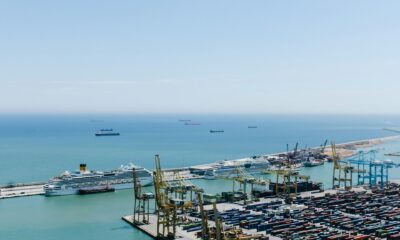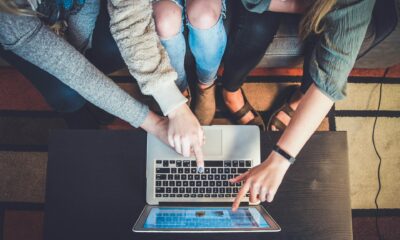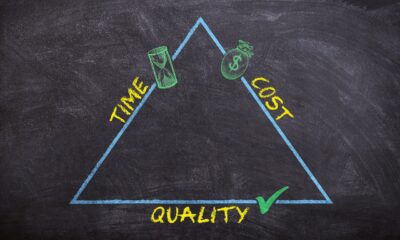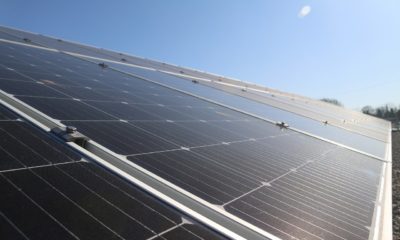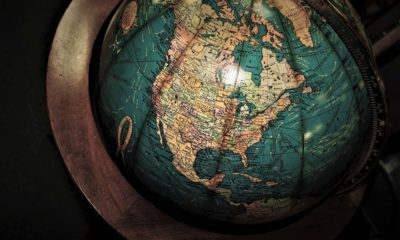Africa
Why the impact of COVID-19 on Algeria and Morocco’s economies is different
Both Algeria and Morocco present statistics that show a situation that is similar, although with a higher mortality rate in Algeria. Morocco has set up a special COVID-19 fund endowed with nearly $3.37 billion, financed by the State and the private sector. Algeria has done the same, providing direct support to its population. In Algeria, the unemployment rate has risen from 15% to 27%.
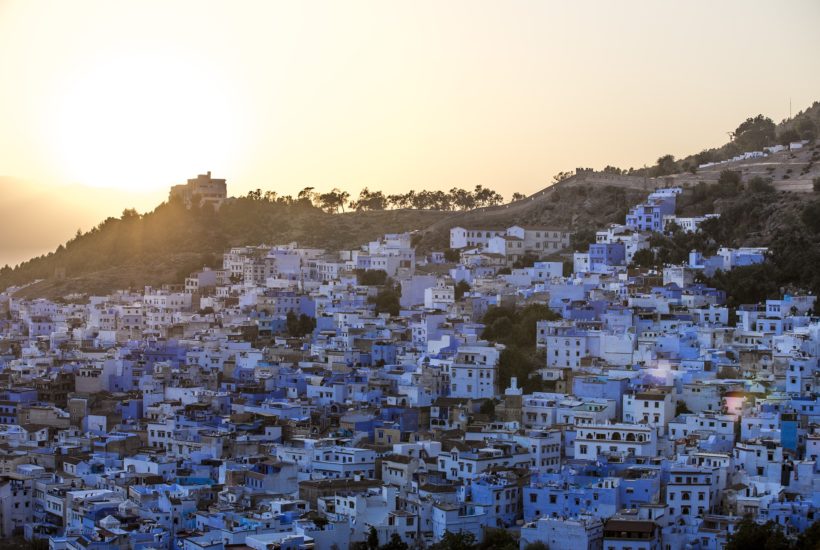
Just as France and Germany cannot escape the comparison of their economic and health policies, in the Maghreb, Morocco and Algeria, two emerging economic powers, are often opposed in their approaches to the management of the COVID-19 pandemic. The issue is a sensitive one, as shown by the controversy sparked by the remarks of Dr Matshidiso Moeti, WHO Regional Director for Africa, who at a press conference ranked Algeria among the three high incidence countries in Africa.
In response to what is described as “gross misconduct”, the Algerian Scientific Committee in charge of the pandemic, “denied en bloc the conclusions of the regional director,” describing her position as “exceeding her prerogatives, which could be driven by selective considerations, rejected in substance and form”. It should be noted that Morocco is not part of the WHO Africa Division but rather of the WHO Eastern Mediterranean Region.
Read more about the economic impact of the COVID-19 pandemic in Morocco and Algeria and discover the most important business headlines with our companion app, Born2Invest.
Figures that speak for themselves
Both countries present statistics that show a situation that is almost similar, although with a higher mortality rate in one. As of June 16th, Algeria had approximately 11,031 COVID-19 positive cases, including 777 deaths. Morocco had 8,885 positive cases, including 212 deaths.
With a population of 42 million and 36 million respectively, Algeria and Morocco very early on implemented restrictive measures financed by the reserves accumulated thanks to the oil windfall in one country and by the proceeds of exports of phosphates, goods, and services in the other. The Cherifian kingdom decreed the general confinement on March 17th, its eastern neighbor preferring to isolate first Blida, the epicenter of the epidemic, before extending the confinement to four provinces.
The approach to deconfinement is just as different between the two nations, with Algiers having decided to maintain partial containment while easing the curfew in most of the country, while Morocco has postponed the lifting of restrictions until July 10th. In Algeria, partial confinement at home remains mandatory in 29 of the country’s 48 wilayas (prefectures), including Algiers. In Morocco, the country is divided into two zones, the first representing large cities, kept in a confined situation, and the rest of the country made up of rural localities, completely deconfined.
Both countries have adopted the same health approach by requisitioning locally produced chloroquine, reactivating production sites and bringing themselves into line with Professor Didier Raoult. For $0.31 (40 dinars) you can get a mask (compulsory wearing since May 24th) in Algeria. The country is targeting 10 million units per month, counting on 75,000 artisans and housewives. In Morocco, the mask, which is also compulsory, is sold at $0.22. The kingdom, which has grown rapidly to more than 5 million units, is positioned for export to Europe and Africa. Thus, 8 million masks and 30,000 liters of gels were transported to 15 “friendly countries” on the other side of the Sahara.
Algeria and Morocco have adopted measures to support the private sector and the poor
Morocco has set up a special COVID-19 fund endowed with nearly $3.37 billion (€3 billion), financed by the State and the private sector. Algeria has done the same, providing direct support to its population.
While Algeria, faithful to its guideline, refuses to appeal to the IMF, preferring to drain 50% of the state’s operating budget, Morocco has for the first time requested a precautionary and liquidity line from the International Monetary Fund to the tune of $3 billion.
According to IMF forecasts, Algeria is expected to experience a 5.2% recession in 2020. Morocco is expected to experience its worst recession since 1996 in 2020, with a contraction of more than 5% of its GDP, due to the COVID-19 pandemic but also to low agricultural output, the Central Bank of the Kingdom announced on June 16th.
On the labor market, the Moroccan Central Bank, on the basis of a survey by the Office of the High Commissioner for Planning (HCP), also reported the destruction of nearly “726,000 jobs, or 20 percent of the workforce of organized enterprises.” In Algeria, the unemployment rate has risen from 15% to 27%, opening the door, as in Morocco, to economic stimulus policies based on employment.
__
(Featured image by kollynlund via Pixabay)
DISCLAIMER: This article was written by a third party contributor and does not reflect the opinion of Born2Invest, its management, staff or its associates. Please review our disclaimer for more information.
This article may include forward-looking statements. These forward-looking statements generally are identified by the words “believe,” “project,” “estimate,” “become,” “plan,” “will,” and similar expressions. These forward-looking statements involve known and unknown risks as well as uncertainties, including those discussed in the following cautionary statements and elsewhere in this article and on this site. Although the Company may believe that its expectations are based on reasonable assumptions, the actual results that the Company may achieve may differ materially from any forward-looking statements, which reflect the opinions of the management of the Company only as of the date hereof. Additionally, please make sure to read these important disclosures.
First published in Financial Afrik, a third-party contributor translated and adapted the article from the original. In case of discrepancy, the original will prevail.
Although we made reasonable efforts to provide accurate translations, some parts may be incorrect. Born2Invest assumes no responsibility for errors, omissions or ambiguities in the translations provided on this website. Any person or entity relying on translated content does so at their own risk. Born2Invest is not responsible for losses caused by such reliance on the accuracy or reliability of translated information. If you wish to report an error or inaccuracy in the translation, we encourage you to contact us.

-

 Impact Investing4 days ago
Impact Investing4 days agoEuropeans Urge Strong Climate Action Amid Rising Awareness and Support
-

 Cannabis2 weeks ago
Cannabis2 weeks agoRecord-Breaking Mary Jane Fair in Berlin Highlights Cannabis Boom Amid Political Uncertainty
-

 Biotech1 week ago
Biotech1 week agoVytrus Biotech Marks Historic 2024 with Sustainability Milestones and 35% Revenue Growth
-

 Crypto4 days ago
Crypto4 days agoRipple Launches EVM Sidechain to Boost XRP in DeFi
